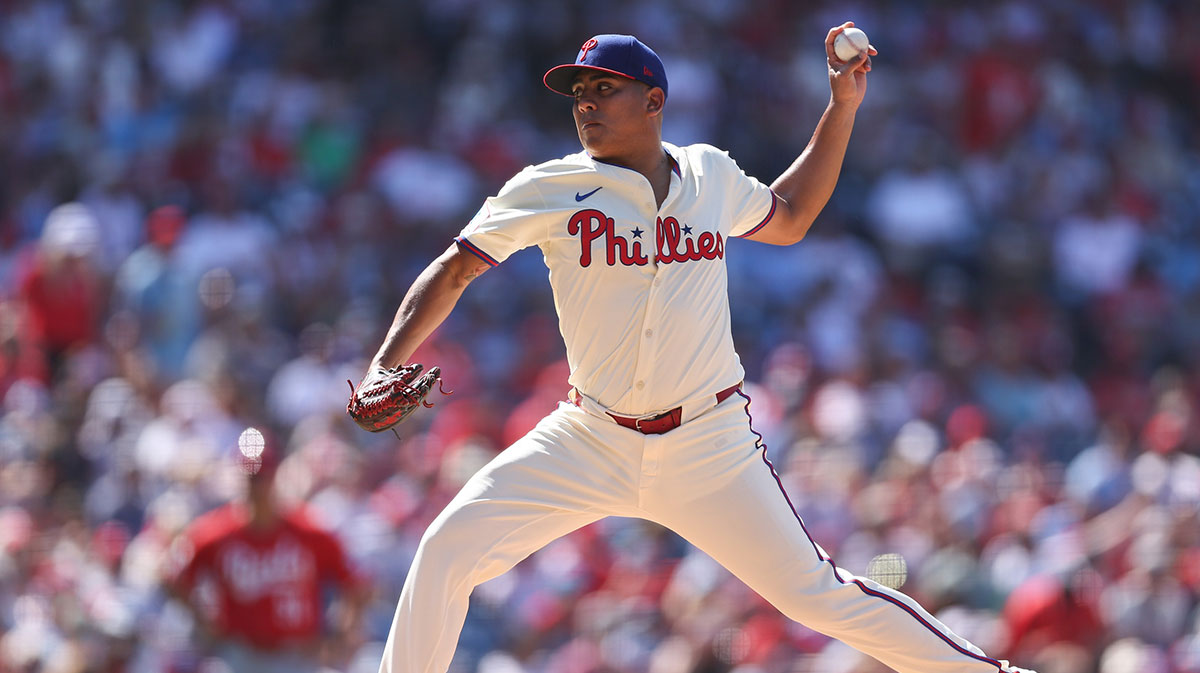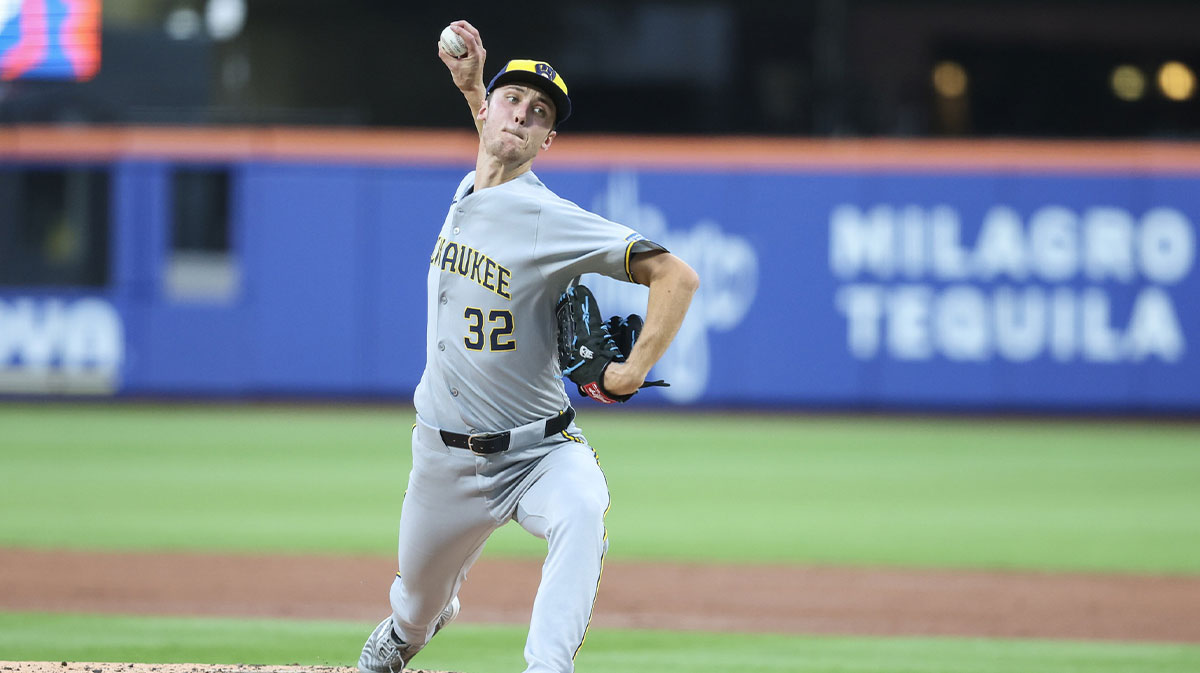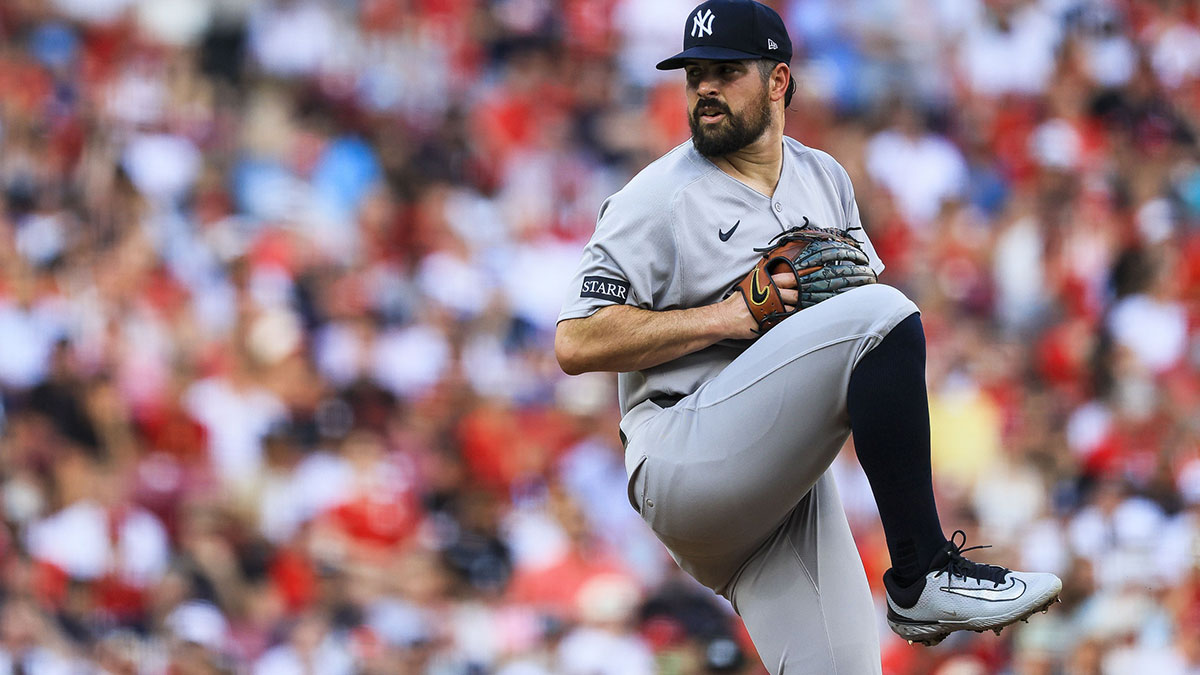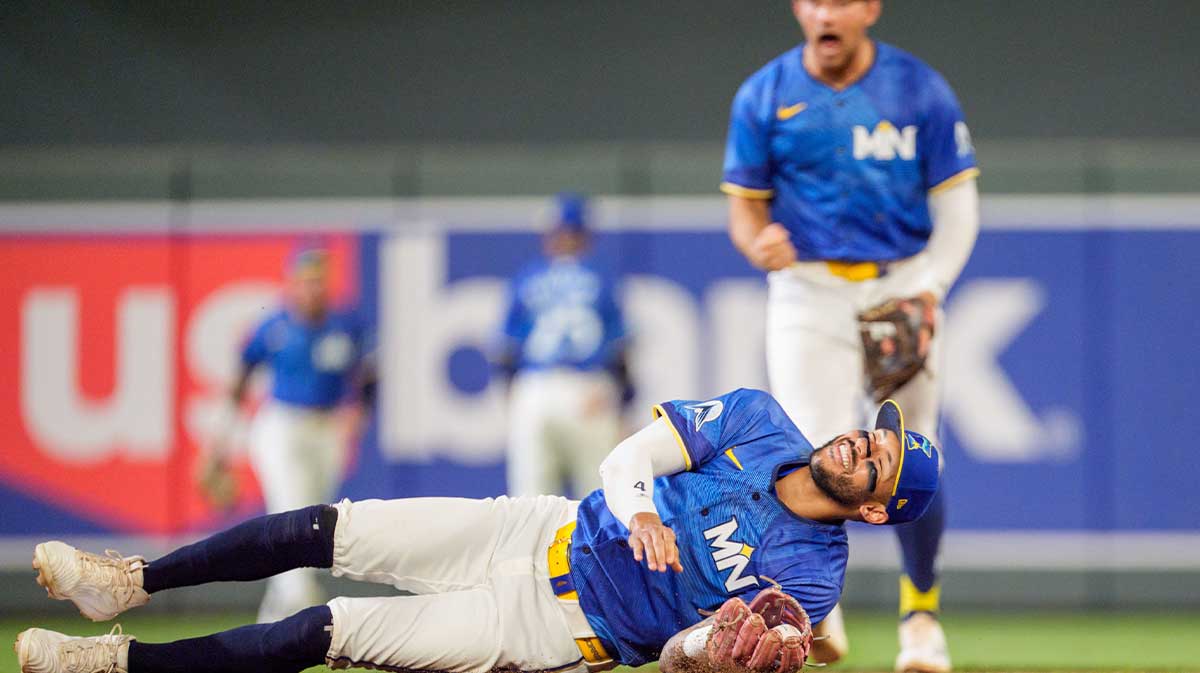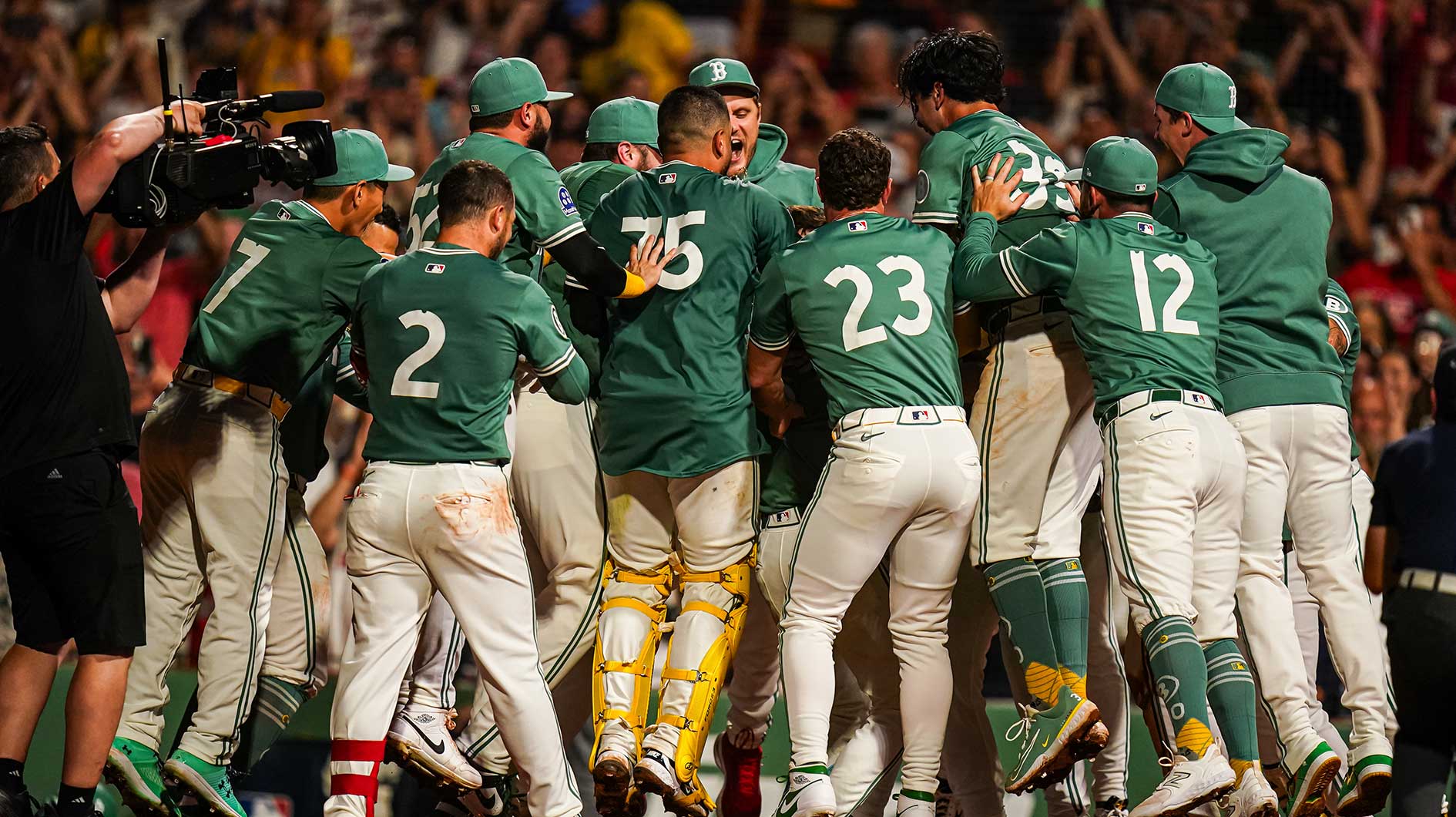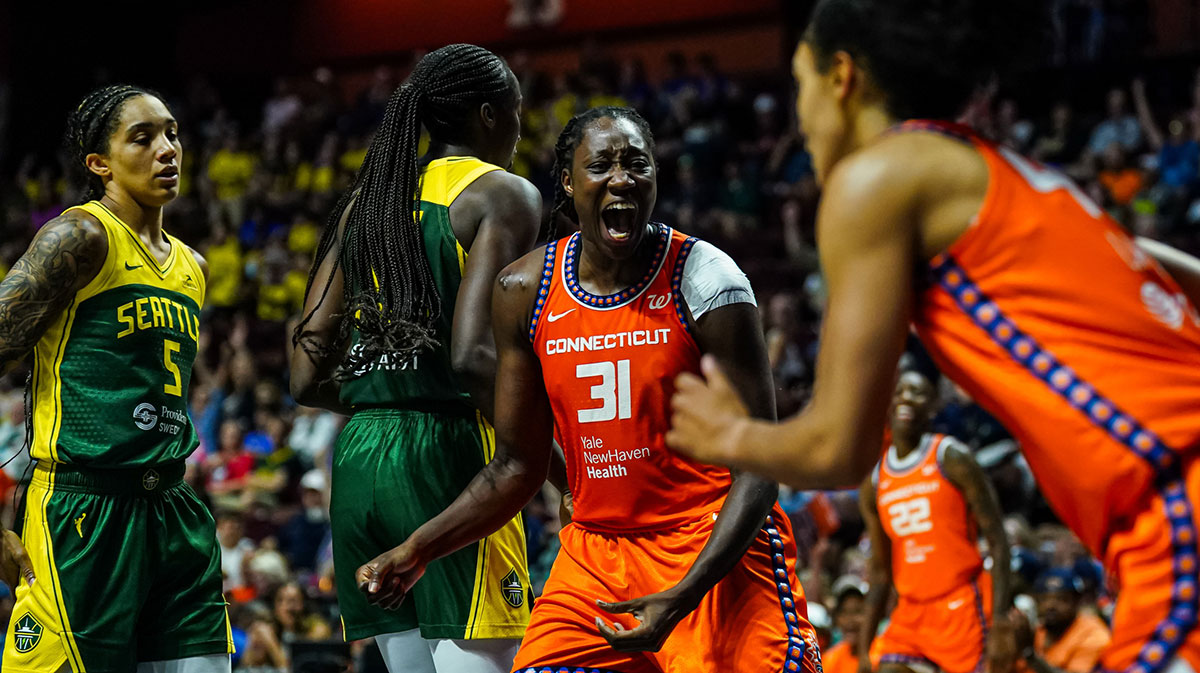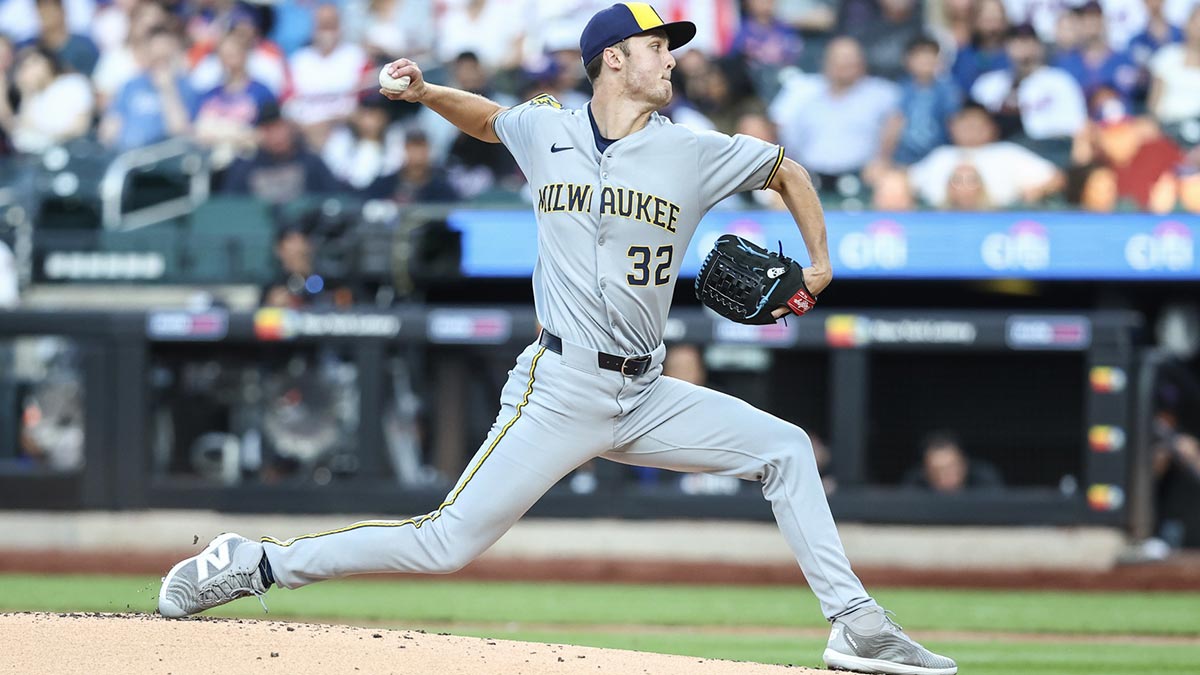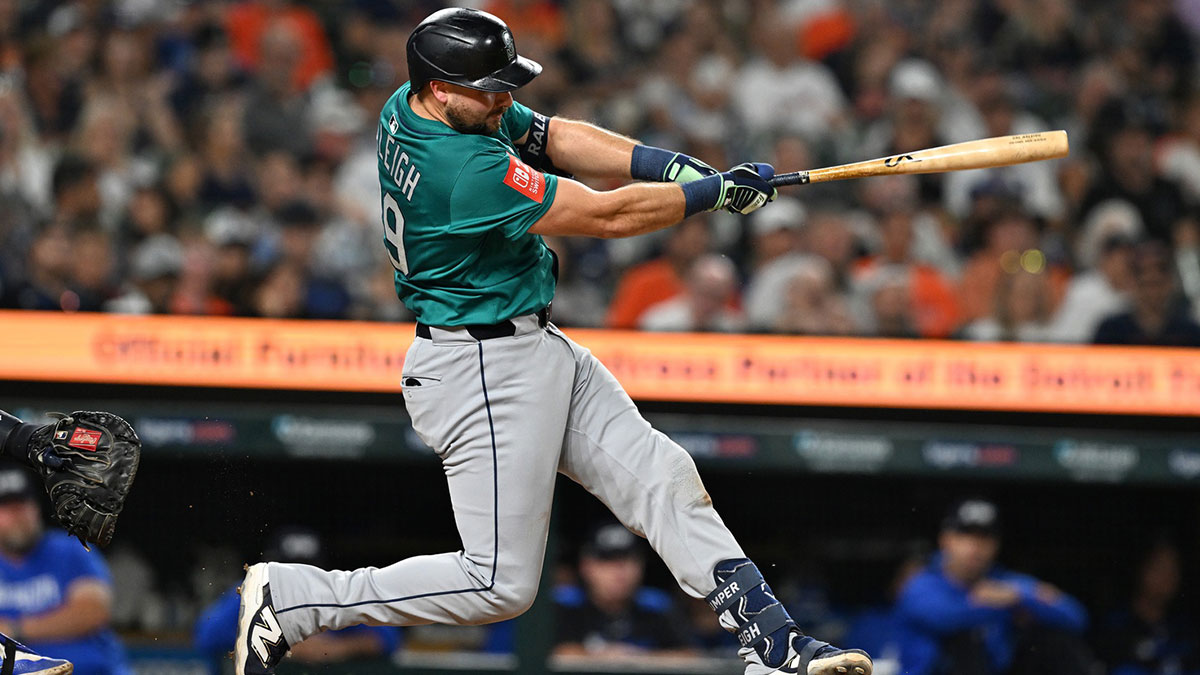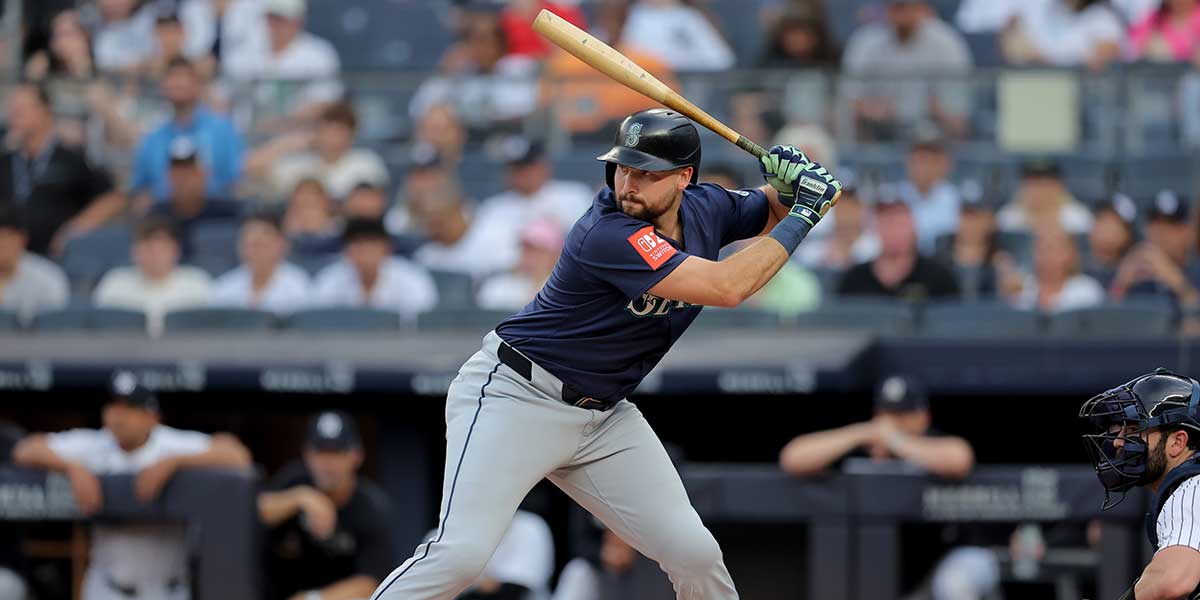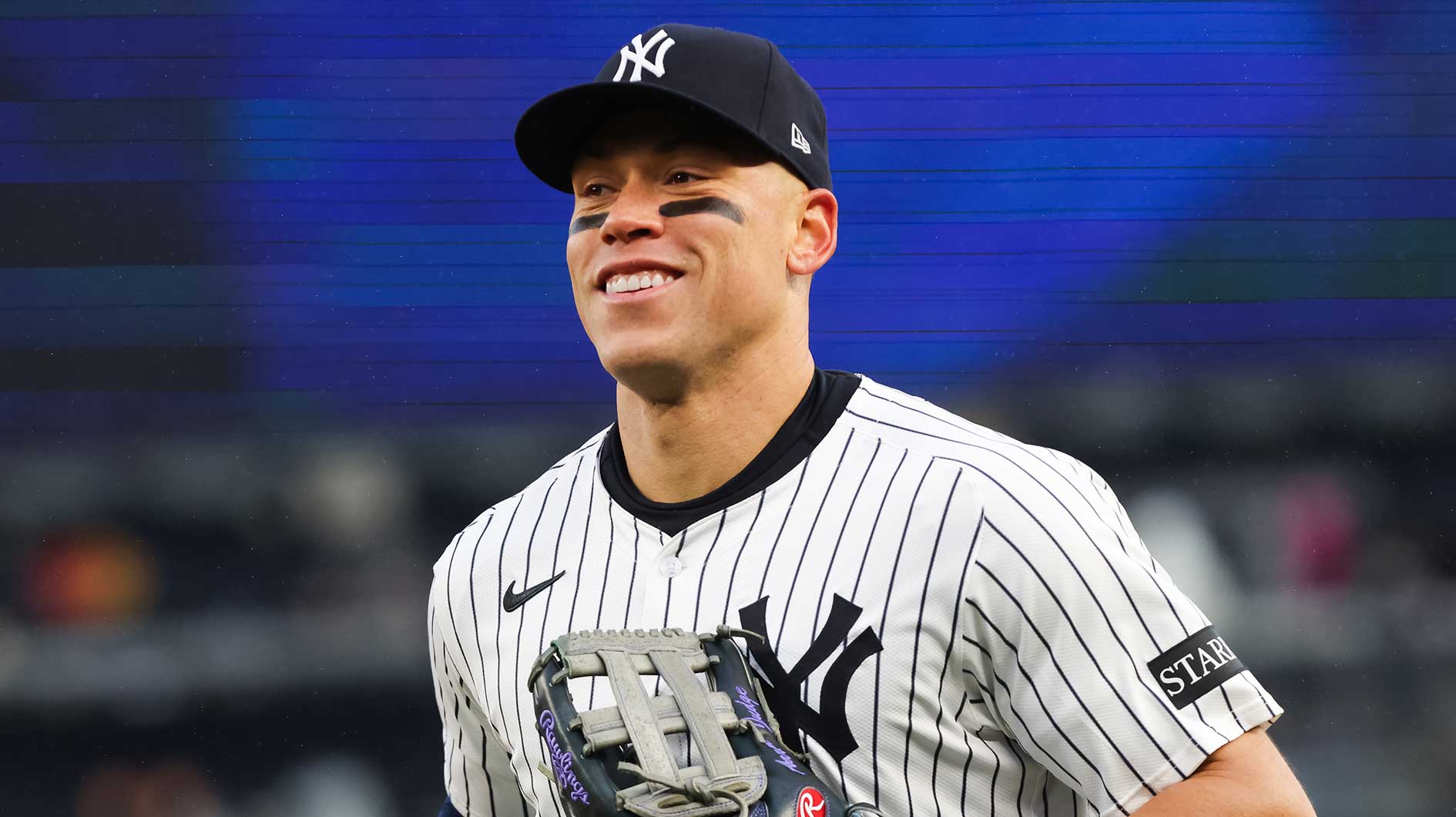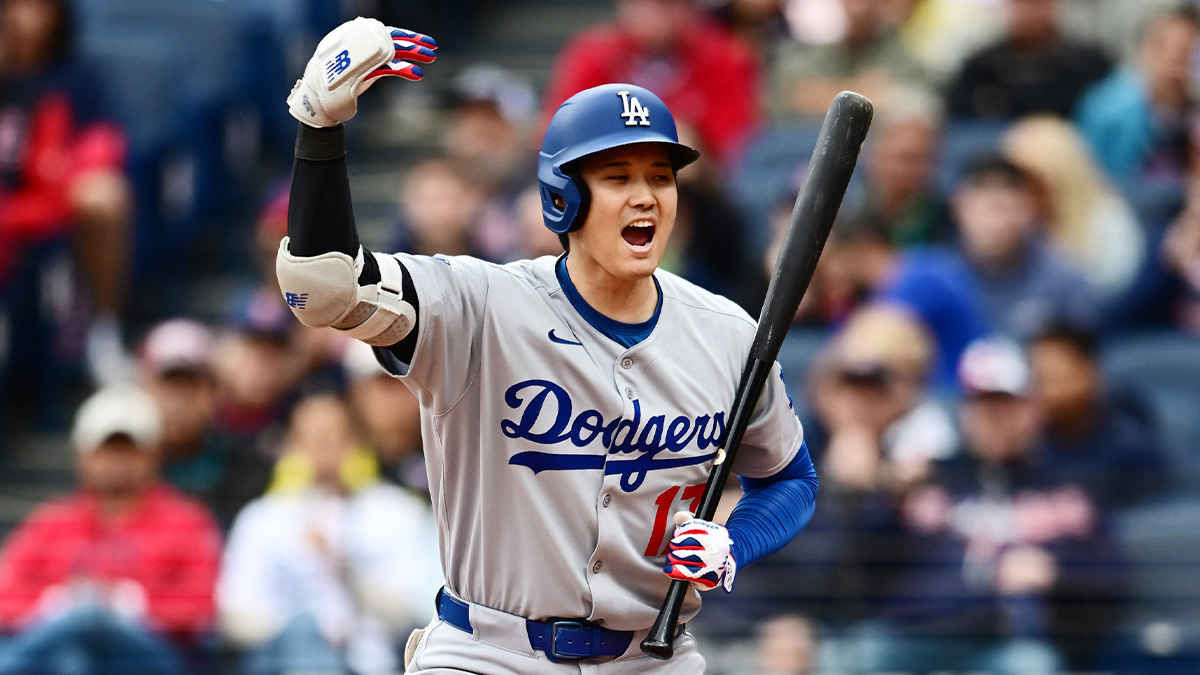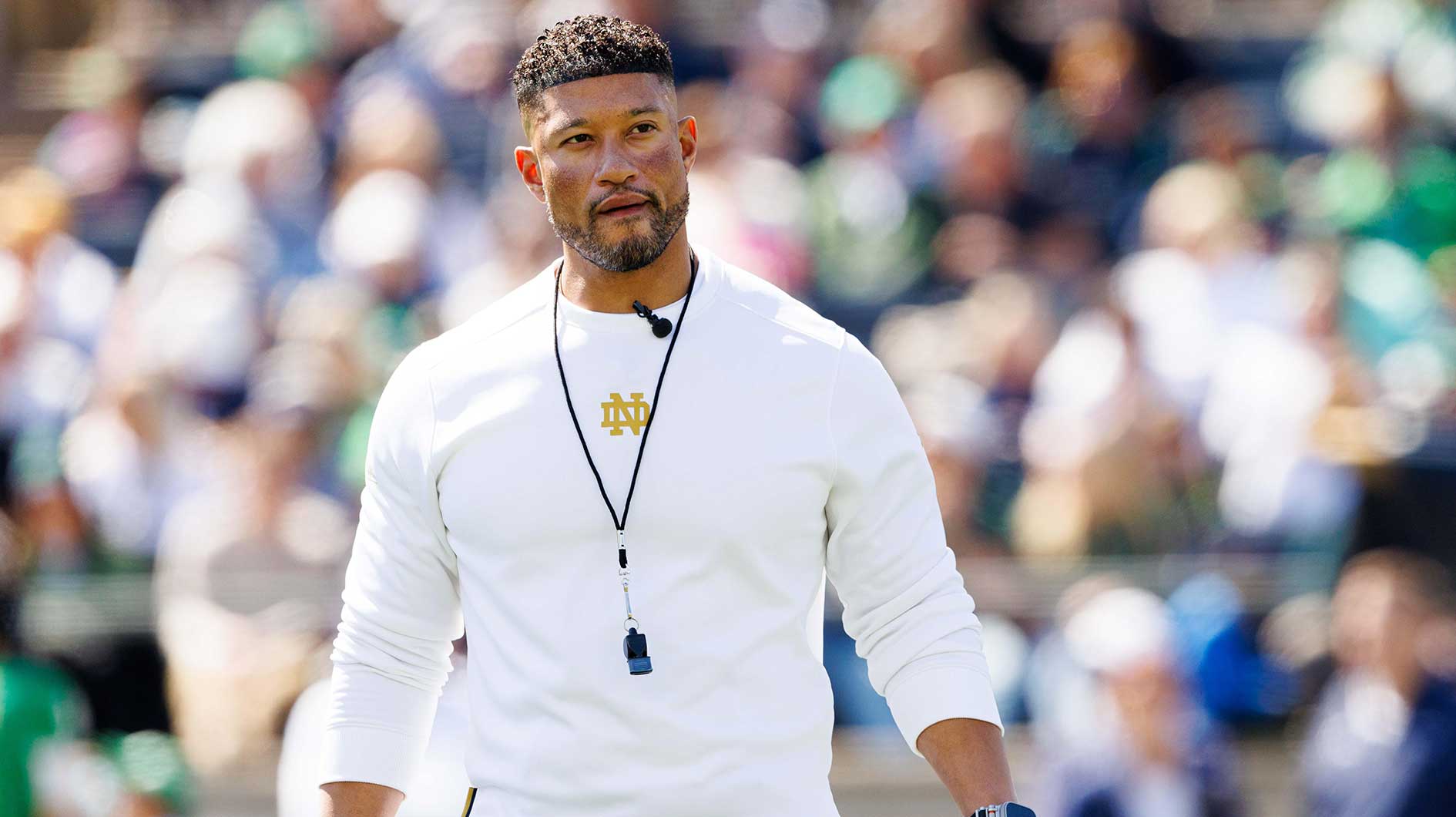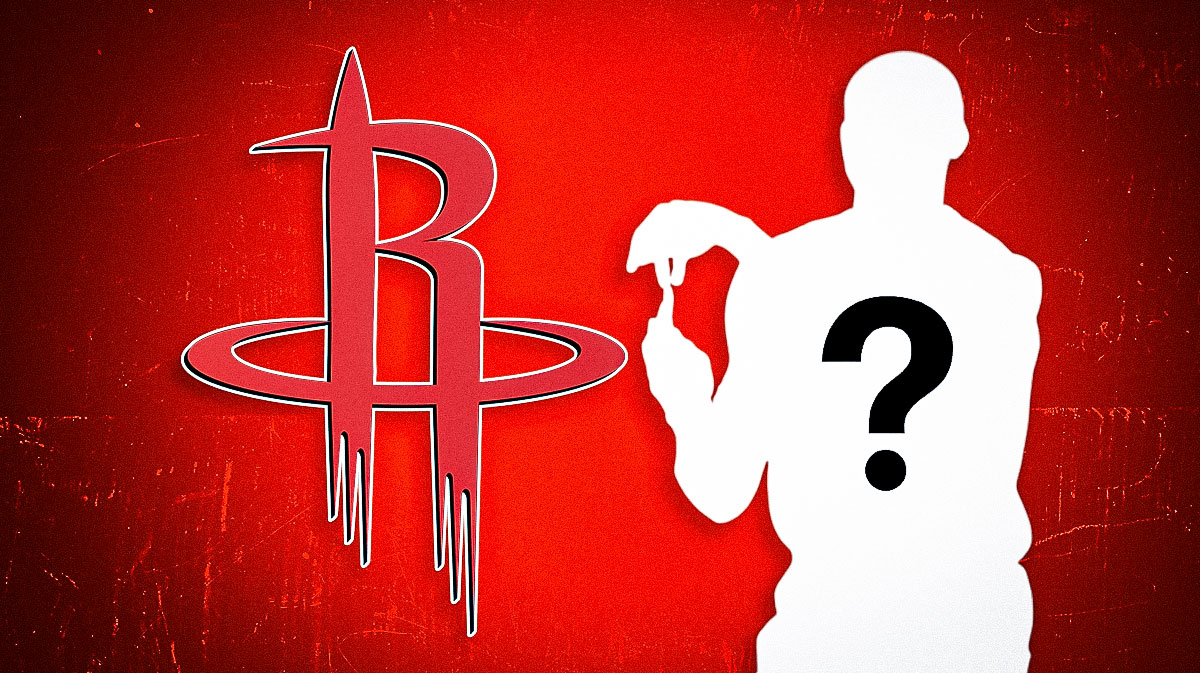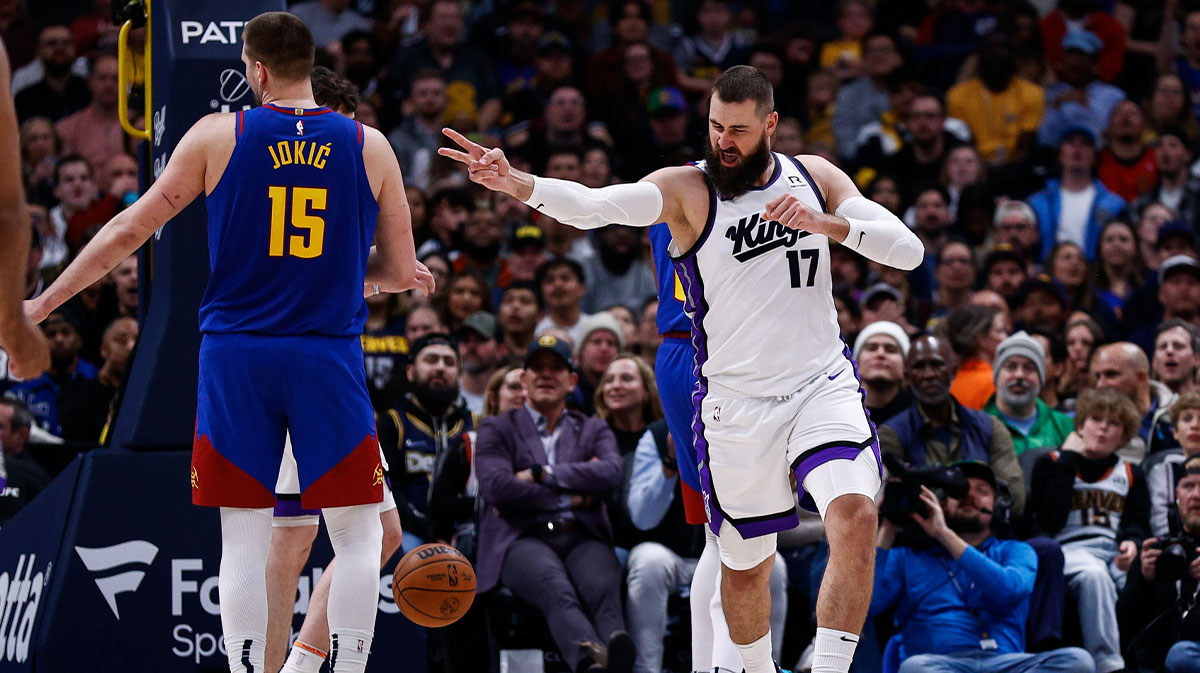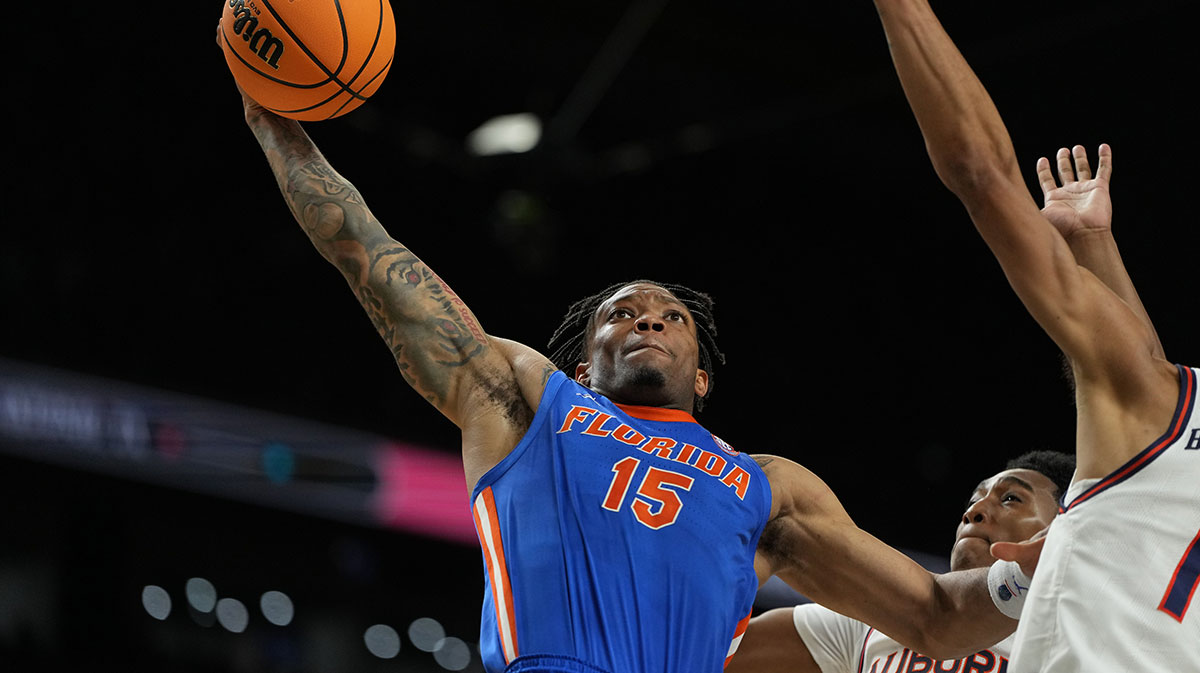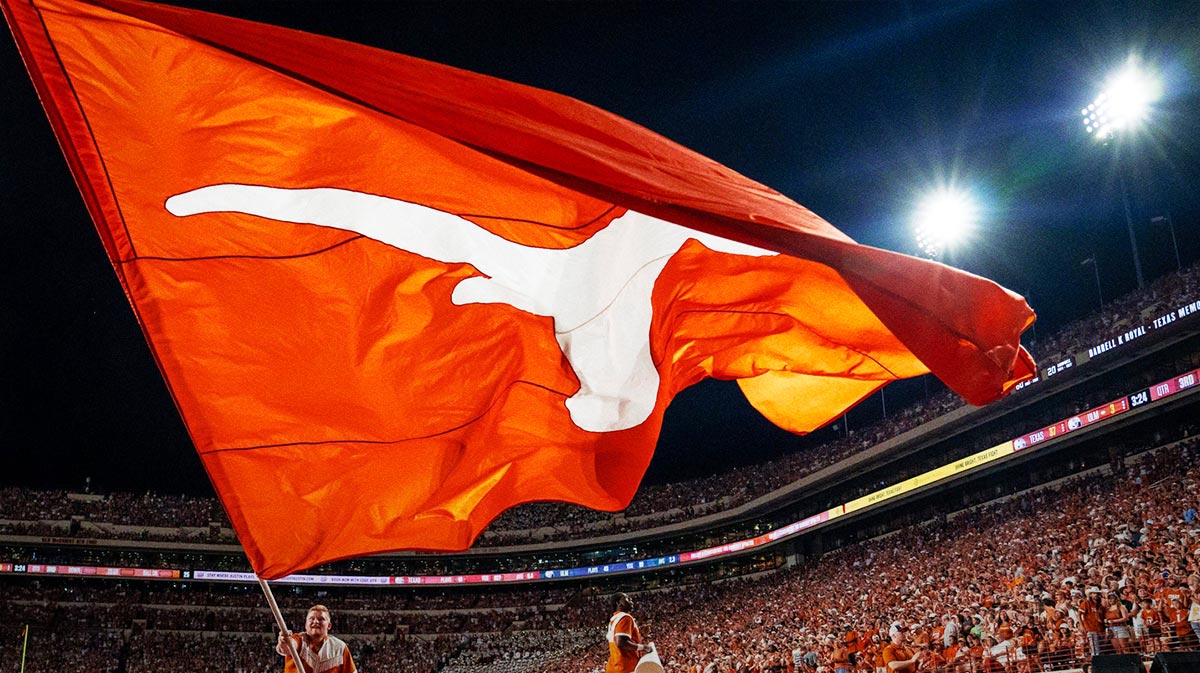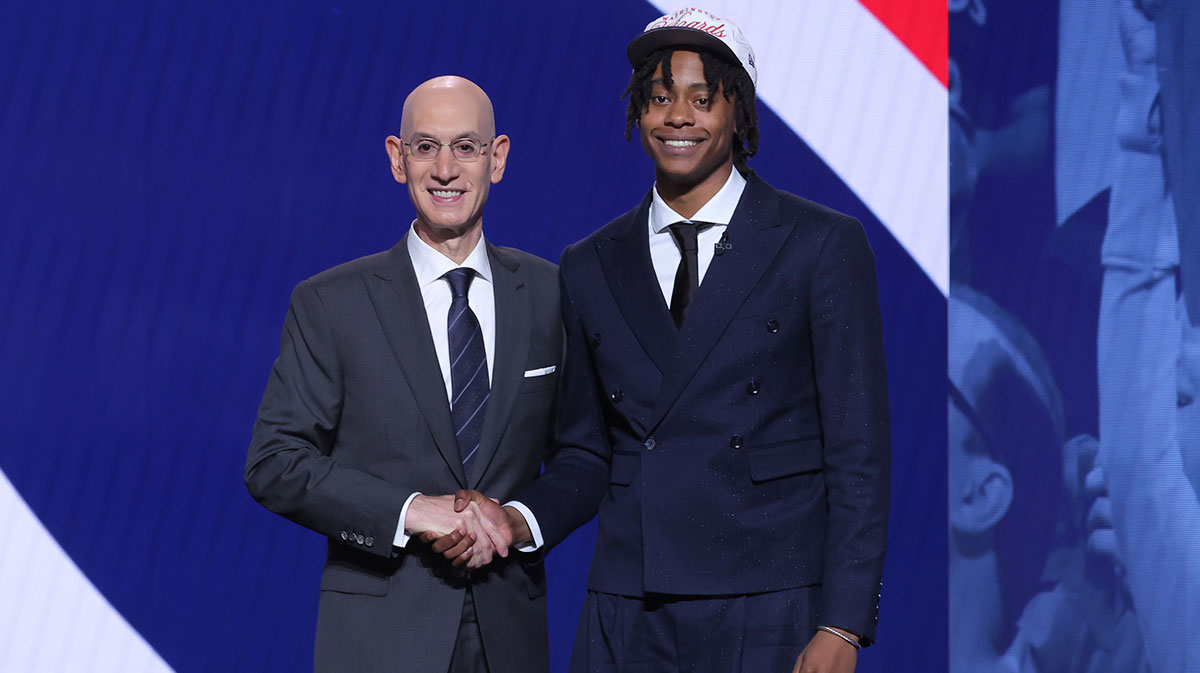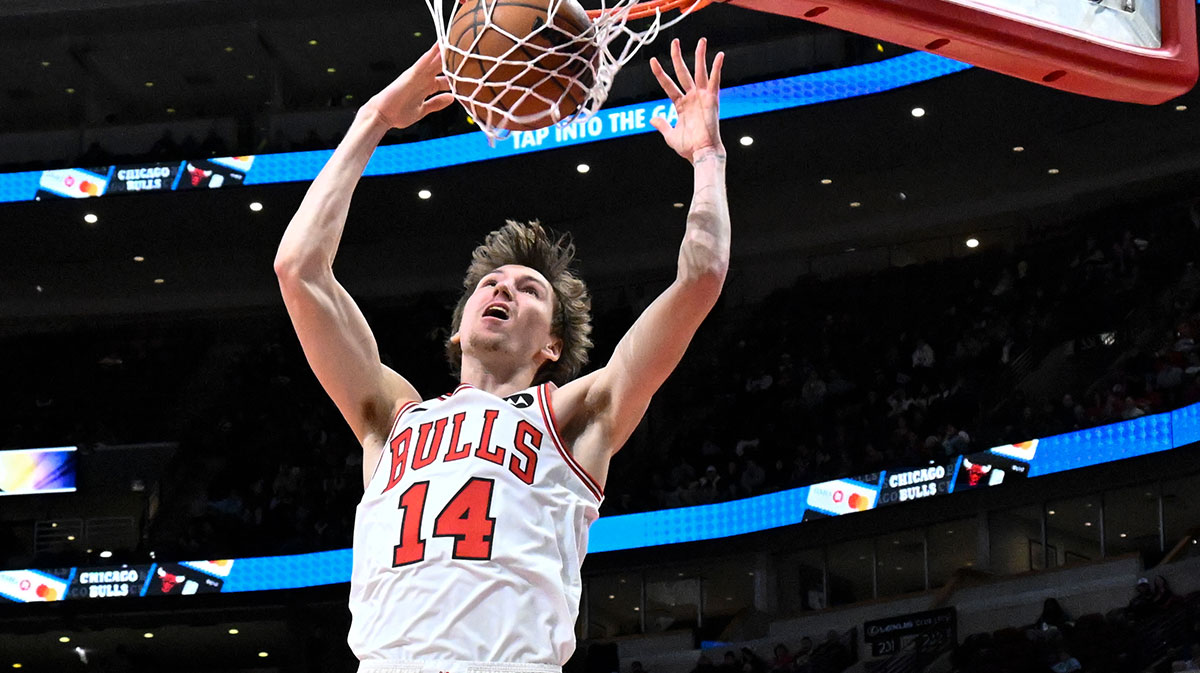Of all the stories told in Star Trek’s 52-year history, the Kobayashi Maru is perhaps the most intriguing. Originally introduced in Star Trek’s second movie, The Wrath of Khan (though you might be more familiar with it from JJ Abrams’ 2009 reboot), it tasked prospective captains with an impossible task.

It’s not a test meant to be passed in the traditional sense. It’s meant to be a barometer of the trainee’s character and decisiveness in the face of certain defeat, which makes it so compelling.
In the NBA, there aren’t many no-win situations. Every trade can be won, every draft pick can be a success, every coaching change can succeed. Most situations will work themselves out with good process and a bit of luck. It takes a truly rare set of circumstances for a franchise to face a true no-win scenario. With that in mind, the New Orleans Pelicans might be staring down a Kobayashi Maru of their own in the form of DeMarcus Cousins’ expiring contract.
Coming into the second round this past weekend, their fans were riding high.

The Pelicans were the talk of the NBA after their first-round dismantling of the Portland Trail Blazers, where they made history as the first six-seed to sweep a three.
It was the apex of a buzz-worthy second-half for New Orleans, who rallied together for a playoff push out in the West despite the loss of Cousins to an injury. Some even went so far as to tout the Pelicans as a threat to the reigning champ Golden State Warriors in their series.
How quickly things can change. One Gentlemen's Sweep later, the Pelicans are staring down their offseason much sooner than they might have hoped. The Warriors are inevitable, after all.
The end of the road brings New Orleans to one of its most challenging offseasons since Chris Paul’s departure.

The All-Star center is an unrestricted free agent working his way back from a catastrophic injury, and a decision will need to be made about his future. No team ever really wants to face these scenarios when it comes to a franchise-caliber player, and now the Pelicans will be doing exactly that for the second time in a decade.
Cousins complicates this whole dilemma by… well, being DeMarcus Cousins.
The giant center remains one of the most inscrutable players in the Association. With eight seasons under his belt, it doesn’t feel as though we’ve really figured Cousins out beyond: “He’s really talented, but also a headache.” Now, Achilles injury and all, the Pelicans have to make a decision on Cousins’ expiring contract. There will be innumerable factors that demand consideration.

When healthy, Cousins is a force of nature on the offensive end of the floor. The term we’ve grown to love for players like him is “unicorn.” In recent seasons, he’s complemented his notorious bully-ball post game and vacuum-like offensive rebounding with a competent 3-point shot and robust 23 percent assist rate, making him one of the most offensively diverse players in the league — perhaps in league history. The list of players to average at least 25 points, 12 total rebounds, five assists and two made threes per game as Cousins did this year is… well, brief.
While Cousins is a superstar, his career has been plagued with controversy. The Sacramento Kings are hardly a beacon of stability and did very little to help him along during his seven years with the franchise, but still — Cousins’ reputation as a hot-head has proven to be well-earned. If all coaches he’s played under walked down the same street simultaneously, it could be classified as a parade. Of that lengthy group, only Mike Malone has really seemed to reach him, while coaches like Paul Westphal, Ty Corbin, and George Karl clashed with him repeatedly and ultimately lost their jobs for it.
Further complicating the issue, the Pelicans enjoyed their most successful stretch of basketball in years after Cousins went down. Their 3.8 net rating since acquiring Nikola Mirotic on Feb. 2 would rank fifth in the league across the full season, behind only the Houston Rockets, Warriors, Toronto Raptors, Philadelphia 76ers, and Utah Jazz. Prior to Boogie’s injury on Jan. 26, that net rating was only 1.4, good for 13th.
The Pelicans simply look faster and more versatile with Boogie out of the lineup, and against the Trail Blazers, the new formula seemed to be firing on all cylinders. For all his protestations, Anthony Davis is a center, and New Orleans’ defense took a step forward with him as the lone presence in the paint. The Pelicans’ guards repeatedly blitzed Damian Lillard and CJ McCollum, knowing they could afford to risk heavy pressure while they had Davis’ freakish length and athleticism behind them to clean up their messes. That’s an opportunity that may not exist with the slower Cousins manning the five while Davis chases power forwards.
A single-star roster in New Orleans that surrounds Davis with slick passers, tough perimeter defenders, and a truckload of shooting sounds intriguing on paper.
The Orlando Magic found some success with a similar formula with Dwight Howard, and he wasn’t half as versatile as Davis is now. There’s a sticking point there, though: Howard missed three games in his first seven seasons, while Davis has missed a full season’s worth of games across his first six years. While his past two seasons have been his healthiest, it doesn’t feel like we’re out of the woods with his injury problems just yet.
Cousins’ greatest value, therefore, might be as Davis Insurance. Letting Cousins walk is a commitment to Davis as the only real star on the roster, and that commitment becomes a disaster if Davis can’t stay on the court. Holiday, Mirotic, Moore, and Rondo are varying degrees of useful players, but if you’re starting those four alongside Emeka Okafor or Cheick Diallo for 20+ games, you’re ticketing yourself for the lottery. Cousins certainly can’t replicate Davis’ two-way dominance, but he’s a proven number-one option offensively that can keep the Pelicans rolling at some level of normalcy.
Of course, this is all assuming Cousins is healthy himself, and right now, he most certainly is not. It’s reasonable to question if he ever will be again.
The track record of players to suffer the same type of Achilles tear as Cousins isn't inspiring. Notable examples include Kobe Bryant, Rudy Gay, and Elton Brand, all of whom never really regained their pre-injury form after making it back. We’ve never seen a player of Cousins’ size pull it off, and a long-term contract could wind up being disastrous if he can’t.
Maybe the right path is to let Cousins walk. Maybe the Davis-centric Pelicans we saw during closing weeks of the regular season into the first round of the playoffs are legitimate, and adding someone like Danny Green helps propel them over that 50-win hurdle. Maybe Davis stays healthy and brings home his first MVP award alongside 70-game seasons from Holiday and Mirotic as the Pelicans barge their way into the West Finals. That’s the best-case scenario, and maybe it’s tempting enough to be worth it.
Are the real Pelicans the ones we saw against Portland or the ones we saw against Golden State? Or are they something else? In a Western Conference that looks to be staggeringly deep yet again next season, the answer to that question could be the difference between the playoffs and the lottery.
Failing to reach that best-case scenario could prove cataclysmic. The Pelicans have Davis locked up through his age-27 season, but it’s never too soon to think beyond that, and Davis himself has been cryptic when it comes to his future with the franchise. If Cousins finds success with another franchise while the Pelicans stagnate and fail to make progress, getting rid of one star could very likely cost them the other. That’s a chain reaction that could set the team back for a decade.
It may be that the Pelicans have no better option to improve this roster than to retain Cousins and hope for the best. Allowing him to walk would do little to alleviate their nightmarish cap situation, and they’d still have essentially only the full MLE to work with. Someone like Danny Green would be a fantastic fit at that price, but is Green alone going to take a 48-win team and elevate them out of the second round of the playoffs? It seems unlikely.
Moving on from a star player is a difficult task regardless of the franchise or player in question. It’s something a team can make and the range of outcomes is too vast.
A franchise might manage to replace their Paul George with a Victor Oladipo, but it’s just as likely that they replace their Dwight Howard with Arron Afflalo and Nikola Vucevic instead. Losing Cousins could be the best thing for this franchise, but it could very likely also be the worst.
Captain Kirk failed the Kobayashi Maru twice before becoming the first to ever complete it. He did so, of course, by cheating. Kirk was obstinate in his belief that the test itself was unfair because no situation is ever truly unwinnable. When it comes to DeMarcus Cousins, the Pelicans will have to hope he was right.

